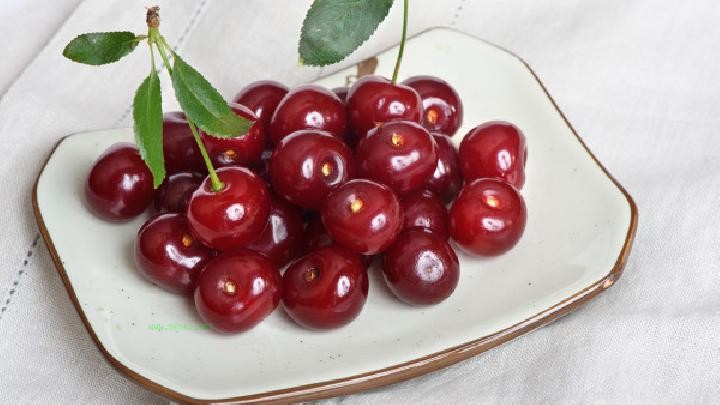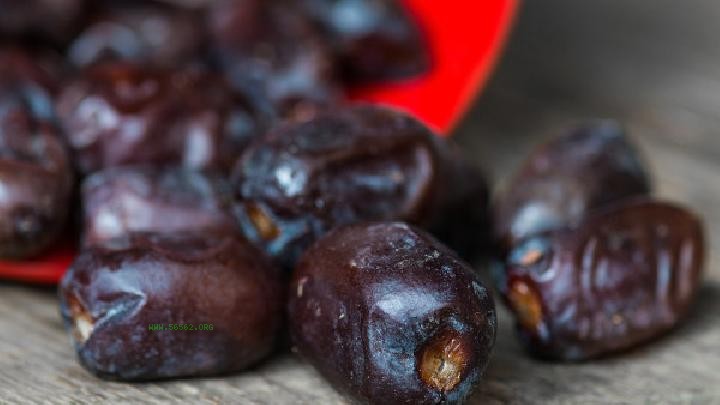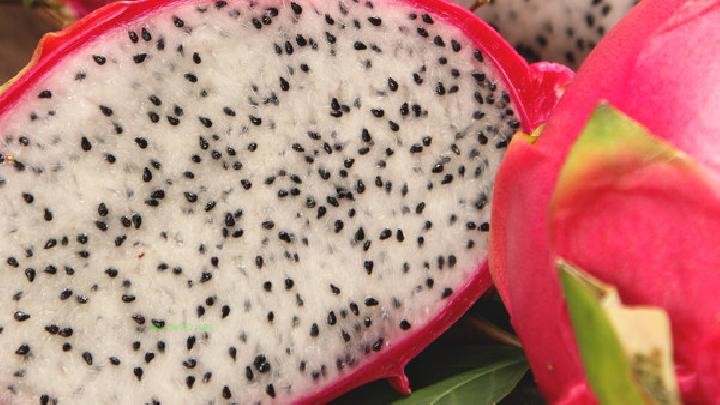Nowadays, fast-paced life can easily make people feel physically uncomfortable, and stomach diseases are one of the most common ones. So, daily stomach nourishment is crucial for us. Today, let's take a look at what foods are best for nourishing the stomach.
Common stomach nourishing food
Green beans. Green beans not only have anti-cancer properties, but also contain unsaturated fatty acids and soybean phospholipids, which can protect vascular elasticity. The dietary fiber contained in them can help with gastric peristalsis and promote digestion.
Lotus root. In addition to containing a large amount of carbohydrates, lotus root is also rich in protein, various vitamins, and minerals. There is a saying among the people that "tender lotus root is better than traditional Chinese medicine". But if you want lotus root to become a good food supplement for nourishing the stomach, nourishing yin, strengthening the spleen and qi, you must cook it before eating. The nature of ripe lotus root changes from cool to warm. Although it loses its ability to eliminate blood stasis and clear heat, it becomes beneficial to the spleen and stomach, with the effects of nourishing the stomach, nourishing yin, nourishing blood, and stopping diarrhea. Foods that cannot be eaten to nourish the stomach
Foods that cannot be eaten to nourish the stomach
Citrus juice. Acidic beverages can stimulate the esophagus, causing sensory nerves to be stimulated and the affected area to become red and swollen. If the first thing you do after waking up in the morning is to drink a large glass of citrus juice, it will increase the acidity in your gastrointestinal tract. If you are drinking sweet lemon water containing high concentrations of fructose at this time, you need to be even more careful because excessive sugar intake can cause diarrhea.
Chocolate. Eating a large amount of chocolate not only brings excess calories, but also people who suffer from gastroesophageal reflux disease have experienced the discomfort and stimulation caused by consuming chocolate. This is because chocolate can cause relaxation of the lower esophageal sphincter, leading to acid reflux and stimulating the esophagus and throat.
Raw onions. Onions, garlic, and chives are rich in various nutrients that are beneficial for health, such as protecting the heart. However, they can also cause gastrointestinal discomfort, such as bloating and abdominal cramps. However, it seems that cooking can prevent the harmful effects of nutrient mixtures that cause gastrointestinal discomfort.
Broccoli and cabbage. Broccoli and cabbage are both outstanding vegetables in the "Ten Child Flower Family". They are not only rich in vitamins and dietary fiber, but also have anti-cancer and anti-aging effects. But even though these vegetables are rich in dietary fiber and various nutrients, they cannot be completely believed to be healthy. Because high fiber vegetables can help expand your stomach capacity and easily lead to the accumulation of excess gas in the intestines and stomach. Beans. Beans have a notorious reputation for causing indigestion. The oligosaccharides contained in legumes, such as raffinose and raffinose, are fermented by intestinal bacteria and can be broken down to produce some gases, which can cause symptoms such as hiccups, bowel sounds, bloating, and abdominal pain. Finally, let's take a look at which symptoms indicate that you may have stomach problems.
Beans. Beans have a notorious reputation for causing indigestion. The oligosaccharides contained in legumes, such as raffinose and raffinose, are fermented by intestinal bacteria and can be broken down to produce some gases, which can cause symptoms such as hiccups, bowel sounds, bloating, and abdominal pain. Finally, let's take a look at which symptoms indicate that you may have stomach problems.
Common symptoms of stomach diseases
Pain. This is one of the most common symptoms of stomach disease. There are many reasons that can cause hidden pain, and the manifestations are also complex. The causes include cold, qi stagnation, blood stasis, etc. The manifestations include dull pain, stabbing pain, cramping pain, and bloating. This is also one of the most common symptoms of stomach disease. If the spleen and stomach function is neglected, or if it is obstructed by cold or other factors, it can cause the gas in the stomach to be unable to be expelled in a timely and normal manner, resulting in bloating.
Food bloating. Due to various factors, the stomach's inability to digest food properly or slow gastrointestinal motility can lead to bloating.
The tongue is bland and tasteless. According to traditional Chinese medicine theory, the spleen opens its orifice in the mouth. If the spleen is trapped or caused by other reasons leading to spleen deficiency, it will cause the patient to have a lack of taste and reluctance to eat. Reasonable eating habits are important for our stomach health.





Comments (0)
Leave a Comment
No comments yet
Be the first to share your thoughts!